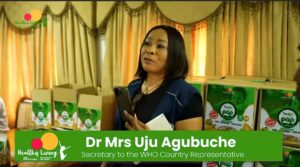Nigerian Health Researchers in Canada decry devastating climate change in Africa
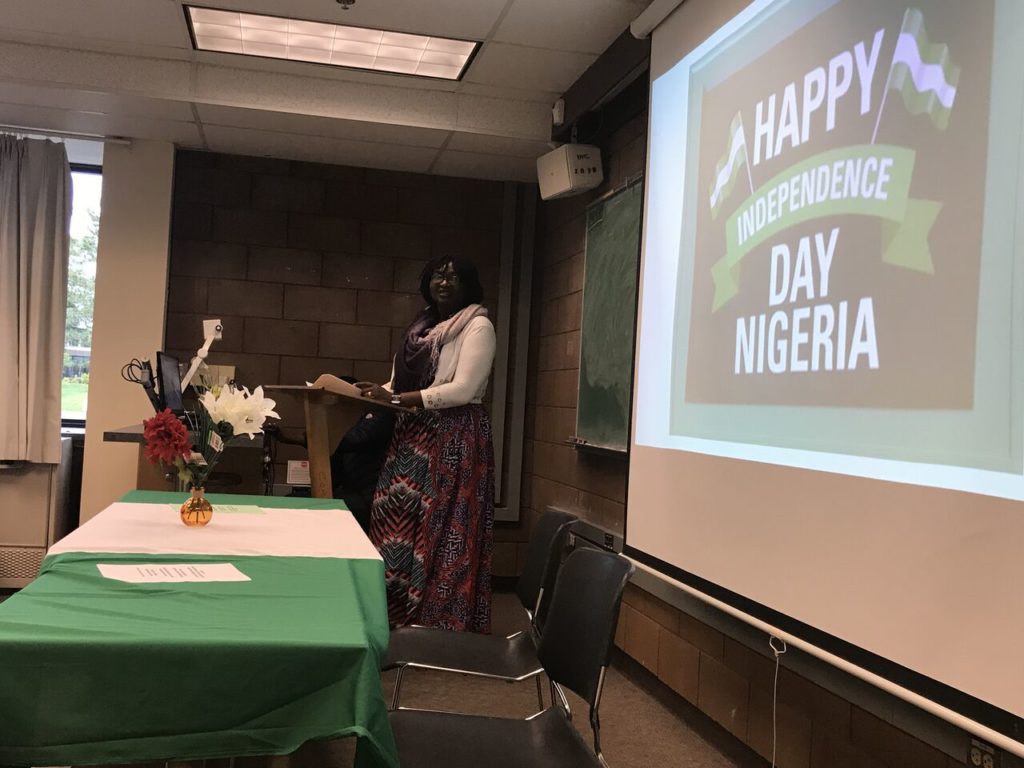
Nigerian health researchers under the umbrella of Nigeria Working group of the Canadian Coalition for Global Health Research (NWG-CCGHR) have decried the devastating effect of climate change in Africa, especially in Nigeria and called for concerted effort in ending the harm on the environment.
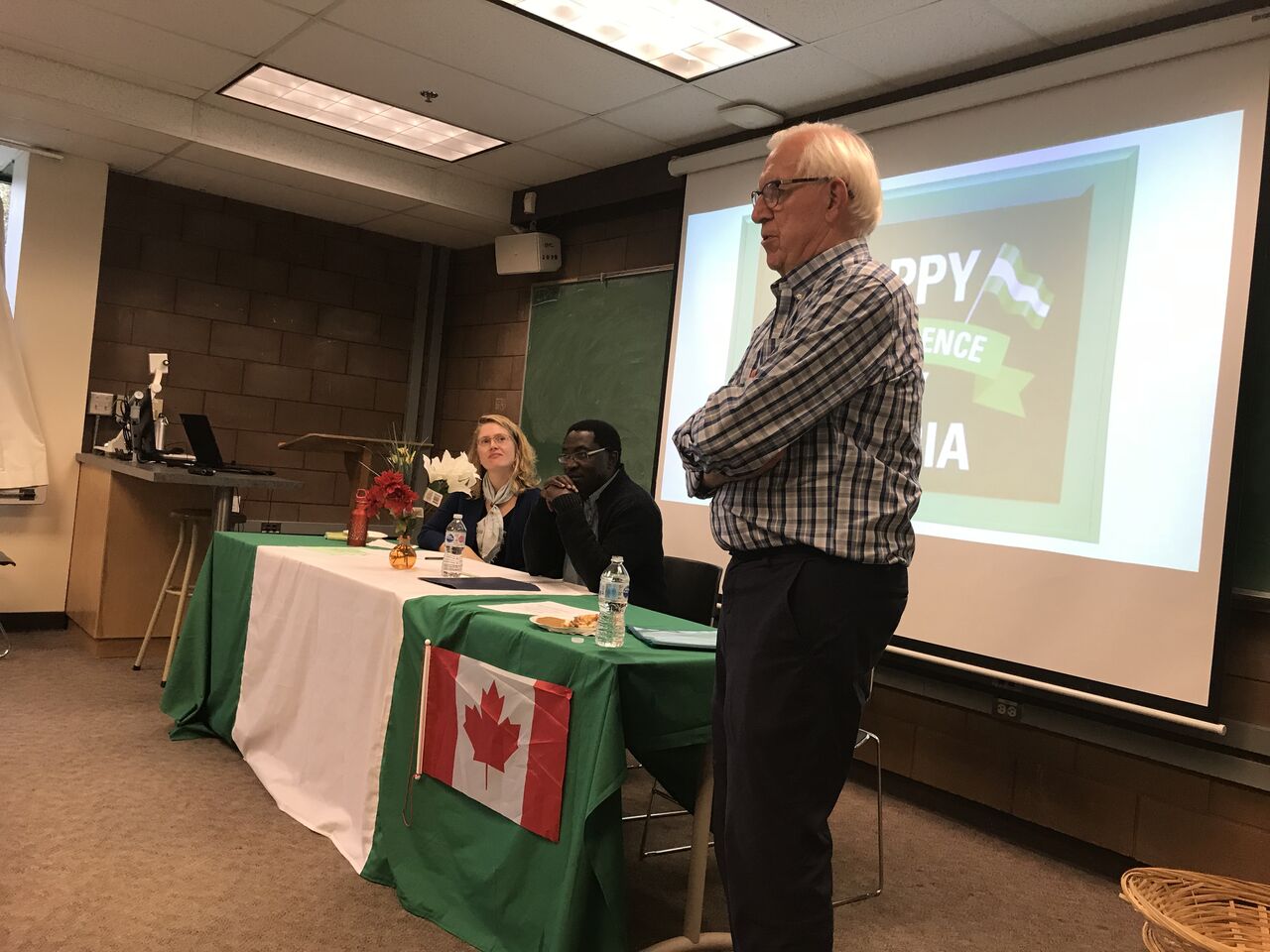
The group however, called on individuals, communities, civil society organizations and governments to implement the approaches that can promote a low carbon, high growth, climate-resilient path for national sustainable development.
The Nigerian students at the University of Victoria (UVic) and British Columbia made the call during a one day open forum discussion with the working group members and resource persons including the founding National co-ordinator of CCGHR, Dr. Vic Neufeld and lead discussants, Dr. Sophia Carodenuto and Mr. Moussa Maggasa, a Senegalese.
Dr. Neufeld is presently a special advisor with CCGHR while still professing at University of Victoria, UVic in the School of Public Health and Social Policy.
The group recently celebrated Nigerians 58 independence anniversary in far away Canada with reflections on the impact of climate change in Africa with a focus on Nigeria. The programme was organised on the platform of the Centre for Global Studies (CFGS) of the University of Victoria (UVic), Canada.
In her opening remarks, one of the conveners and Chairperson, NWG-CCGHR, Dr Ngozi Joe-Ikechebelu explained that CCGHR is a knowledge network that promotes equity in health worldwide, stating further that the group is not profit oriented but member based, that represents global health students, researchers and practitioners at institutions across Canada and in the south.
Ikechebelu, who is a doctoral student of the social dimensions of the health programme in the faculty of human and social development of the University, said the group has the mandate of promoting health research as a model and a driver of collaboration, partnership and equity in this generation and use of new knowledge for improving health and wellbeing of individuals globally.
She told the gathering during interaction that the Southern part of Nigeria sees an increasing rate of physical buildings such as hotels, an obvious evidence of the use of deforestation, which can aid climate change.
Her words: the documentary has shown the implications behind the continuing increase in the number of hotels and houses such as seen in Anambra and Imo states and other parts of the Southern states. All these contribute to climate change in Nigeria among other causes” she said.
Climate change, as defined by United Nations Framework Convention on climate change, is a change of climate that can be attributed directly or indirectly to human activity that alters the composition of the global atmosphere and which is in addition to natural climate variability observed over a comparable time periods.
According to Ikechebelu, “Climate change is real and true as revealed in the video documentary that we watched on October 1, entitled ‘Nowhere to run’. This documentary exposes a grim picture of the devastating effect and impact of the climate and environmental changes in Nigeria.
“It is a wake-up call to individuals, communities, civil society organizations, the state and national government that there is a looming crisis. Climate change spans across all regions and is affecting every of its citizens.
“The latest report of the Intergovernmental Panel on climate change that was released by the first week of October, 2018, revealed the dire consequences of global warming through more extreme weather, rising sea levels and diminishing Arctic sea ice among others” she informed.
Explaining further, she referenced the recent flood disaster in Anambra state that sacked many residence from their homes as they relocated to internally displaced camps centres provided by the Nigerian government where the victims suffer untold hardship including diseases, hunger and social inequities.
Continuing, the health expert said that bringing the situation closer “is evidenced by the recent flooding in Anambra State with more predictions of flooding in other states of Nigeria. Obviously, the threats from climate change will be an issue for sustainable development within an eco-social framework for an equitable society.
“This is the feasible reality for Nigeria in its quest to attain to the sustainable development goals of the SDG set by United Nations General Assembly, in essence, the potentials in eradicating poverty and its dire consequences of its citizens.
“This could be seen with malnutrition, homelessness, poor housing and destitution especially for the vulnerable groups, such as children, pregnant women, elderly people, the immunocompromised among others, seems far-fetched unless there is a commitment to approaches in line with the Paris accord, of which Nigeria signed towards nationally determined contributions in 2015.
“Nigeria government signed to end gas flaring by 2030; transform the country’s transport sector by replacing cars with buses; instituting a nationwide climate smart agriculture; installation of off grid solar of 13 Giga watts capacity; achieving 30 percent energy efficiency nationally; massive reforestation across regions; and improving the electricity grid” she noted.
Contributing, one of the resource persons, Moussa Maggasa regretted that environmental degradation has been the bane of African society, saying that his village in Senegal is worst heat as no crop grows in the area.
“In my small village in Senegal, when you farm, there is no rain, when there is rain, there are no crops. All these are what we caused to ourselves and that is the resultant effect of poverty, hardship and injustice in Africa.
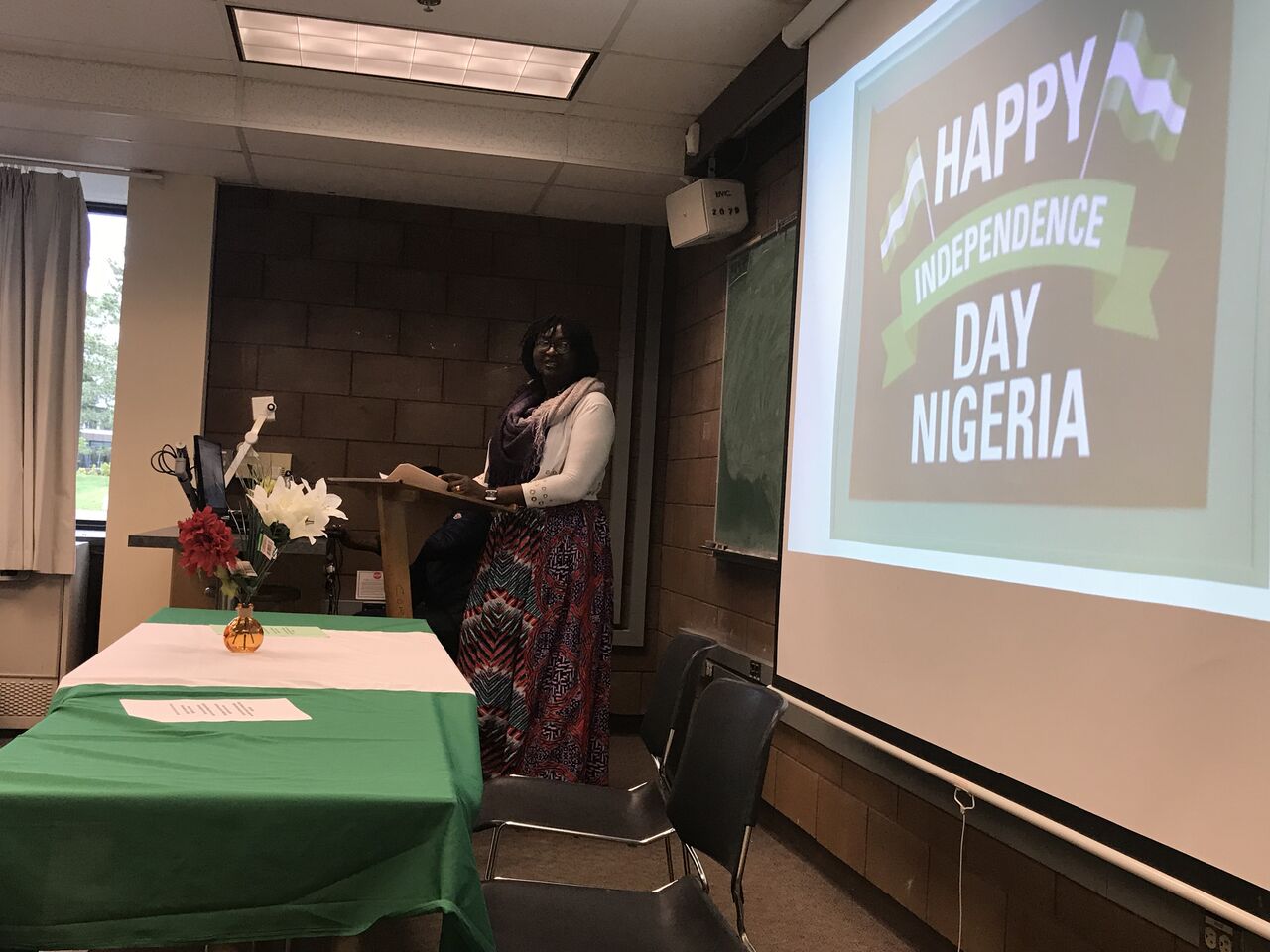
“There is oil spillage, deforestation which do more harm in our environment than good and people blame China for our woes because of raw materials. I disagree with such school of thought. Africa’s greatest problem is not China but Europe because the suffering has been there before China’s evolution.
“My greatest worry is how we can overcome the factors hindering sustainability and development in our environment? And we can only achieve that by preserving our ecosystem” he said.
For Dr. Sophia Carodenuto, another commentator at the programme, opined that collaboration of individuals, communities, civil society organizations and government is a sure way of dealing with climate change in Africa.
She submitted that deforestation and greenhouse gas emissions are hazardous to human health and contribute to climate change which, she said, destroys the ecosystem.
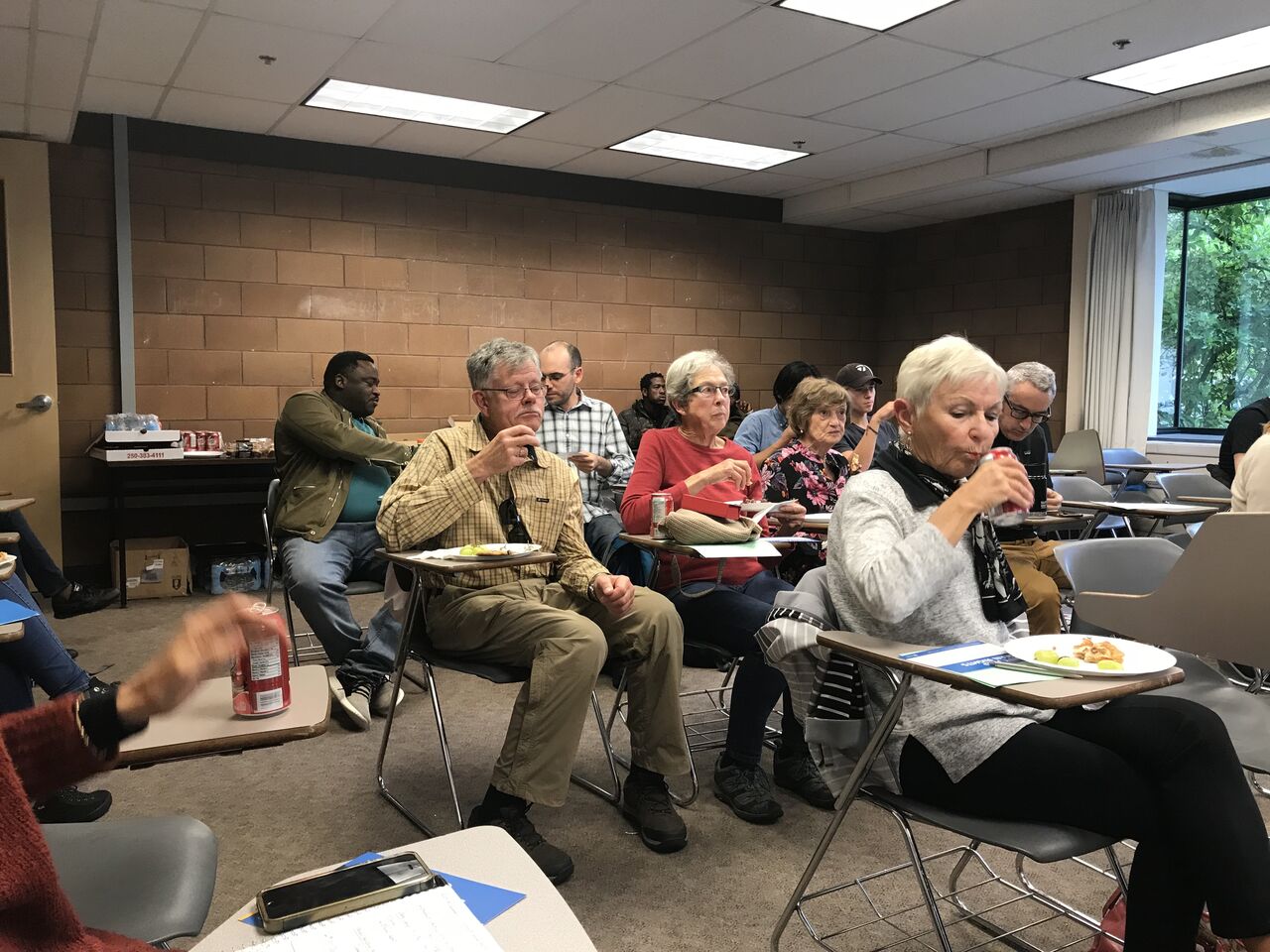
She however suggested improving agricultural techniques, environment degradation which, she noted, affect Nigeria and other African countries, including Ethiopia, Cameroun, Senegal, Nigeria among others.
“There ought to be a synergy between government, individuals and institutions with a hope of saving the environment. In Nigeria, there is prevalent of child morbidity and maternal mortality. There is need for improvement in women education and health as part of efforts to solving the problem.
“It is unfortunate that civil society organizations as non state actor could not provide the needed ombudsman to the government in terms of demanding accountability from the representatives. I can say that preserving Africa’s rich forests and incredibly biodiverse ecosystems are critical to the solution in the continent” she submitted.




